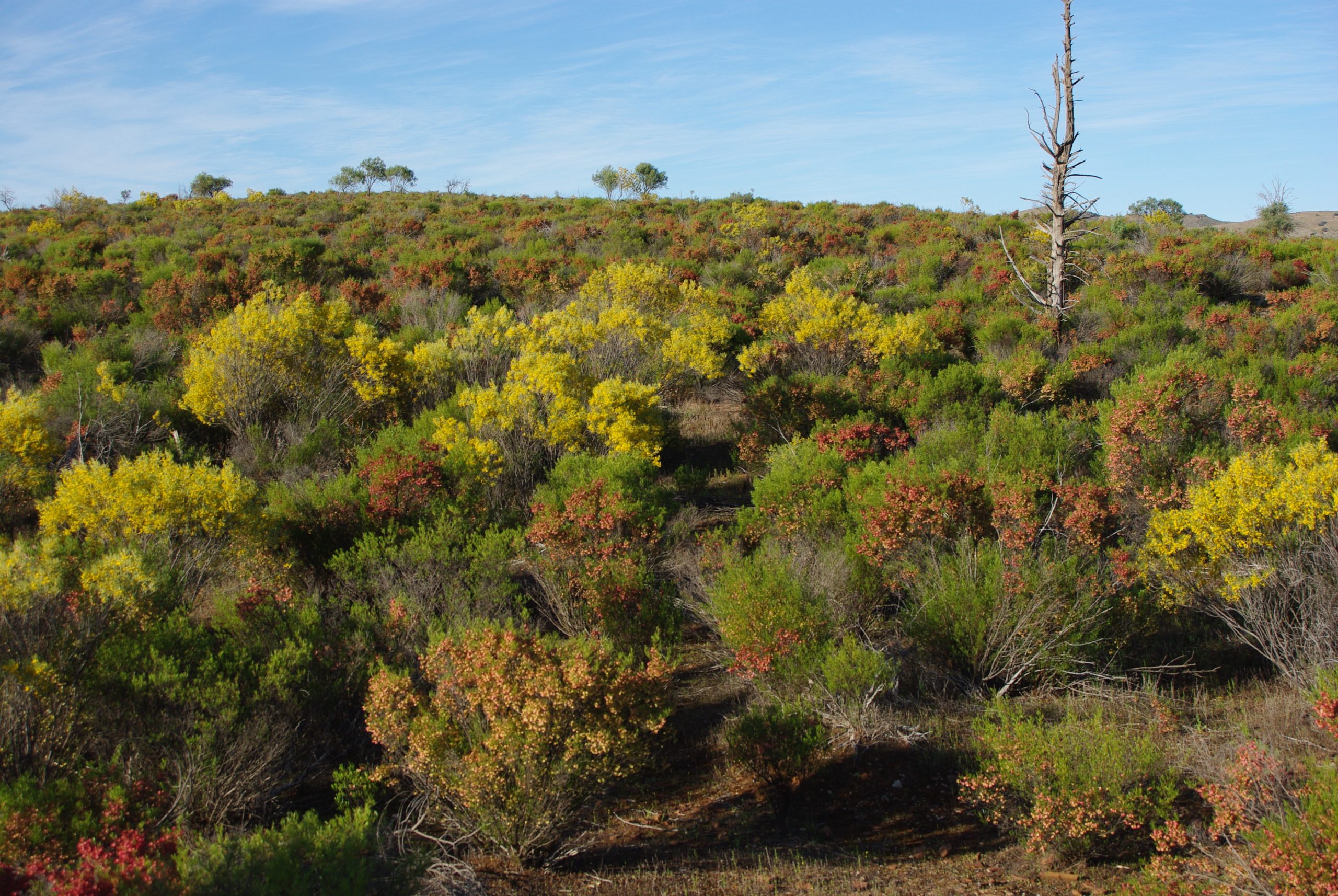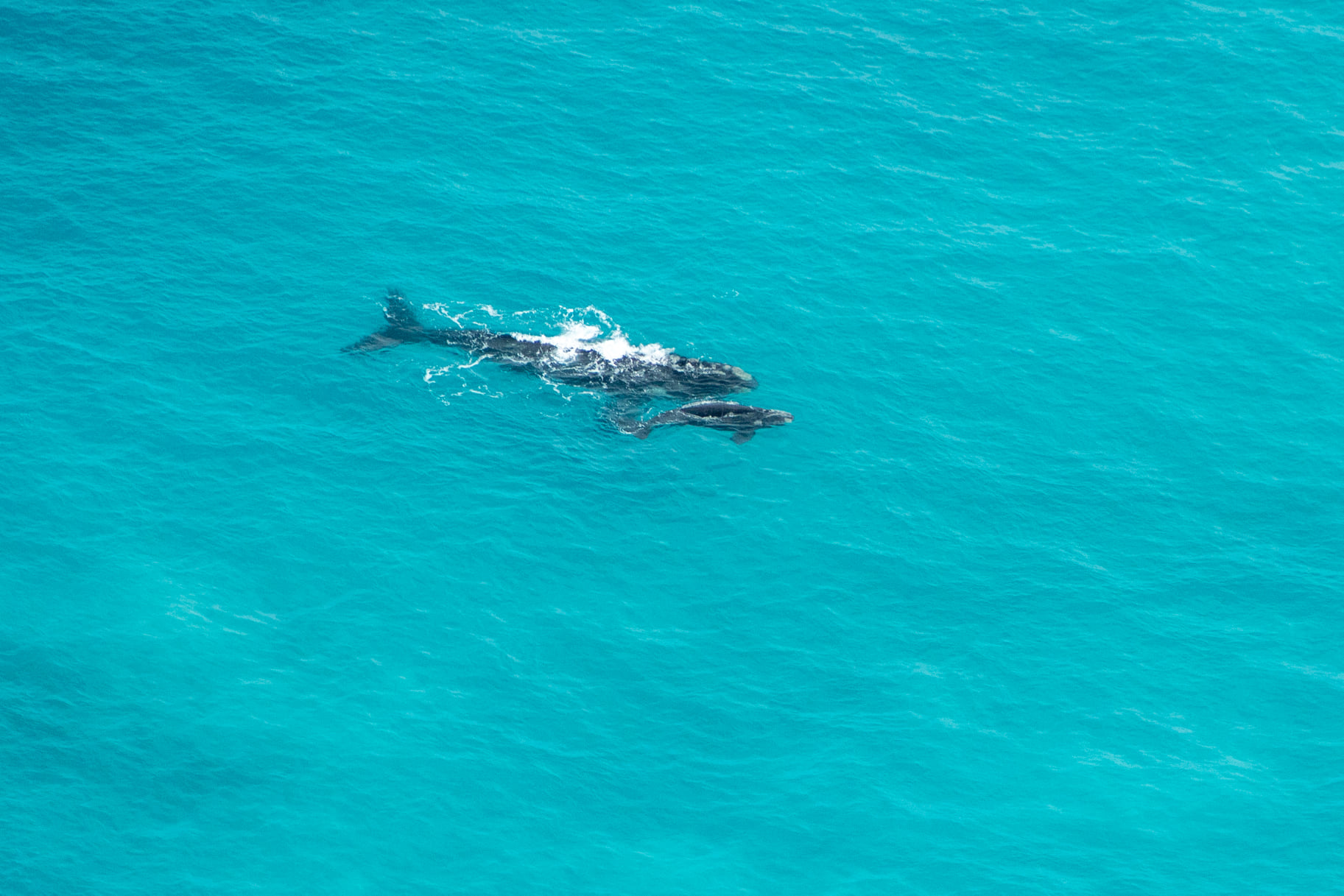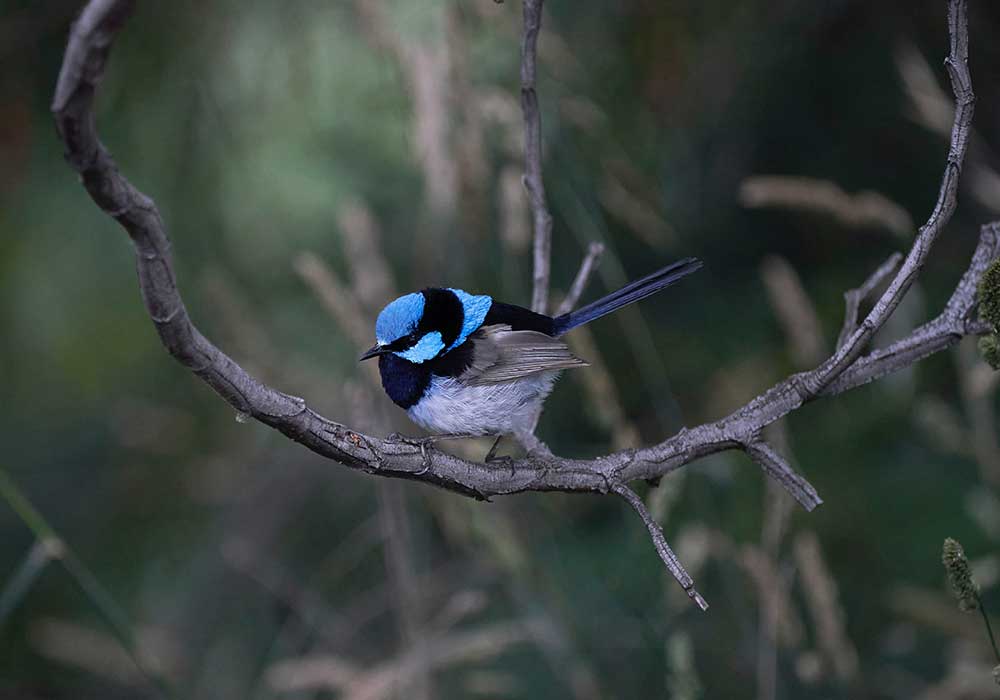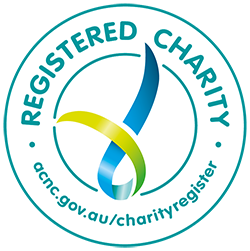Advocating for nature
Nature Conservation Society of South Australia
We use evidence and science to speak up for nature conservation in South Australia, and we encourage our members and supporters to do the same.
We are unique – we are the only South Australian-based nature conservation organisation with dedicated resourcing for advocacy.
Since 1962, we have called for stronger conservation laws and policies, and promoted effective, evidence-based management of habitats and wildlife.
Our advocacy staff and Management Committee work together to provide expertise across a range of nature conservation issues, including:
- Protecting biodiversity, for example through calling for stronger State and Federal legislation and policy
- Better looking after our parks, for example by improving draft park management plans
- Bringing species back from the brink of extinction, for example by providing input to recovery plans and threat abatement plans, and
- Putting forward evidence-based nature conservation perspectives, for example to parliamentary inquiries such as into the management of native vegetation and the independent review following the 2019/20 bushfires.
We work with others, including the South Australian Nature Alliance and the Places You Love Alliance, to amplify our impact. We are also a member of the Conservation Council of SA.
We maintain regular dialogue with representatives of the South Australian Government and raise community awareness about current conservation issues via social media and media outreach.
Our successes
- Historical successes include lobbying for an end to broadscale native vegetation clearance in SA, achieved by the introduction of the Native Vegetation Act 1991, and calling for the declaration and ongoing protection of various important areas throughout South Australia such as Parra Wirra Conservation Park, Hambidge and Hincks Wilderness Protection Areas and Dhilba-Guuranda-Innes National Park
- Writing influential submissions, for example regarding the drafting of the Landscape SA Act 2019 to argue for its scope to be expanded to include biodiversity conservation, which it was, and
- Media coverage on a range of nature conservation issues
Active Campaigns

Biodiversity Act
The South Australian Government has committed to introducing a Biodiversity Act, and we are dedicated to ensuring it is as strong as what our environment requires. Join us in advocating for this ground-breaking legislation to protect our unique environment, combat the alarming decline in biodiversity, and mitigate climate change impacts for a sustainable future.

Save Whalers Way
We have been fighting for Whalers Way, a wildlife sanctuary on the very southern tip of Eyre Peninsula, since we found out about plans to build a private rocket-launching facility there. Whalers Way is protected for conservation and is home to an array of wildlife, including the endangered Southern Emu-wren (Eyre Peninsula). It is simply not the right location for experimental rocket launching. Join us in speaking up for South Australia’s natural beauty and for the creatures that call it home.
Featured Submissions

Consultation on the Hydrogen and Renewable Energy Act 2023
The NCS provided feedback on the draft Regulations which would be subordinate to the Hydrogen and Renewable Energy Act 2023. It raised concerns about possible overdevelopment of areas like the Gawler Ranges, called for tightening of wording around statutory review and for stronger regard for existing regulation for nature, including the National Parks and Wildlife Act 1972 and the Native Vegetation Act 1991. While the NCS supports this much-needed renewable energy transition, it would be counterintuitive to destroy the same biodiversity we aim to save through our movement away from fossil fuels.
Proposed Changes to the Native Vegetation Act
The NCS supports some of the proposed changes to the Native Vegetation Act 1991 put forward through this consultation, including expanding the range of compliance options that would be available to enforce the Act and better harmonisation with the Planning, Development and Infrastructure Act 2016. However, the NCS does not support changes that could increase in vegetation clearance, lead to inappropriate spending of “offset” funds, and weaken the voice of the conservation sector within the key statutory body tasked with oversight of the Act, the Native Vegetation Council (NVC).
SA’s Biodiversity Act
The NCS provided a submission to the Discussion Paper for South Australia’s new Biodiversity Act, critically examining the proposed Act’s likely efficacy in responding to the biodiversity crisis our world faces. The NCS strongly supports the development of a new Biodiversity Act for South Australia, however, is deeply concerned that the proposals put forward in the Discussion Paper are not sufficiently ambitious to meet the depth and extent of this crisis. This crisis requires a bold vision, encompassing both existing and new legislative strategies, that would truly protect and recover biodiversity.

The Parks of Eastern Kangaroo Island Draft Management Plan
The NCS provided feedback on the Department for Environment and Water’s Parks of Eastern Kangaroo Island Draft Management Plan, highlighting that nature conservation must be put first and must be action focused. This includes the management of invasive species, the prioritisation of conservation values over the reactional use of parks, and the appropriate use of fire.
Photo by SASCC
Proposed Orbital Launch Complex at Whaler’s Way
The NCS provided feedback on the proposed Orbital Launch Complex at Whalers Way, arguing that the proponent had significantly underestimated the likely impact on threatened species. The NCS asserted that the Proposed Action should not be approved under the EPBC Act because it would have unacceptable significant impacts on threatened species such as the endangered Southern Emu-wren (Eyre Peninsula) and endangered Mallee Whipbird.
Photo by Fran Solly
The Parks of the Central Fleurieu Peninsula Draft Management Plan
The NCS provided feedback on the Department for Environment and Water’s Parks of the Central Fleurieu Peninsula Draft Management Plan, in which it questioned the adequacy of including multiple parks under one management document. It argued that the draft document is not a ‘management plan’ but rather a ‘management strategy’, and that it lacked important information that should be included in management plans, such as species lists and site-specific management actions.
Photo by BirdsSA

The Parks of Kangaroo Island Fire Management Plan
The NCS provided feedback on the Department for Environment and Water’s Draft Parks of Kangaroo Island Fire Management Plan, asserting that clearing new fire trails and fire breaks through areas of high-quality native vegetation represents significant, permanent habitat loss and undesirable fragmentation of the landscape. This, combined with planned prescribed burns, could have significant implications for our native biodiversity, such as the further spread of Phytophthora, the promotion of undesirable ‘edge effects’, and potentially negative responses to mosaic burning.
Photo by Snow Dennis on iNaturalist
Protecting Manna Gum woodlands in the Mount Lofty Ranges
The NCS submitted its views to the Native Vegetation Council regarding a ‘major project’ proposal that would see 1.716ha and 62 scattered trees cleared for the Mt Lofty Golf Course. The NCS expressed concern about the impacts of clearing Manna Gum (Eucalyptus viminalis) woodland and scattered trees, which are under-conserved in the region and provide habitat and food to the region’s declining woodland birds and endangered mammals. It argued that the ‘Significant Environmental Benefit’ offset payment simply does not match the value that these mature trees provide to wildlife.
The South East Coastal Lakes Project
The NCS made a submission to the Department for Environment and Water’s South East Coastal Lakes Project, which proposed changes to the management of five lakes adjacent to South Australia’s south-east coast. The NCS raised important considerations in the proposed conversion of unalienated Crown Land to Parks land, such as the purpose and expected benefits to conservation, threatened species, and recreational activities like hunting. The importance of examining the implications for Native Title interests in the region was also raised.
Photo by Darryl Kirby
Submissions Cont.
Fire
- Bushfire Hazards Overlay Code
- Bushfires Royal Commission
- Dudley Peninsula (Kangaroo Island) Fire Management Plan
- Draft Outback Bushfire Management Area Plan
- Draft Bushfire Hazards Overlay Code
- Independent review of SA Bushfires 2019/20
Introduced Species
- Feedback on the feral deer and feral pig draft policies
- Senate Inquiry into the impact of feral deer, pigs and goats in Australia
Native Vegetation
- Clearance application for Cadell Training Centre
- Clearance application for Eyre Peninsula Transmission Line
- Clearance applications for the Roxby Downs West Accommodation Village
- Clearance applications for the Stirling Cemetery
- Clearance applications for the Whyalla Super School
- Clearance for orbital launch complex at Whaler’s Way
- Clearance of Manna Gum woodland for Mount Lofty golf course
- Consultation on native vegetation clearance for a roundabout on Old Belair Road
- Interim Guidelines for the Management of Roadside Vegetation Dec 2018
- Native vegetation clearance for solar farm near Whyalla (Cultana)
- Native vegetation clearance in Flinders Chase National Park (Kangaroo Island) for luxury accommodation
- Proposed clearance for beef feedlot near Tintinara
- Proposed clearance of scattered trees at Gawler for the Springwood development
- Response to SA Power Networks Final Discussion Paper on possible amendments for the 10-year review of the Electricity (Principles of Vegetation Clearance) Regulations 2010
Nature Law
- Biodiversity Act
- Draft Planning and Design Code (primarily focused on Phase 2 councils (Rural Areas))
- EPBC Act Review
- EPBC Amendment (Streamlining Environmental Approvals) Bill 2020
- Landscape SA Act
- New and emerging introduced species draft policy
- Planning Reform – Phase 3 – Urban Councils
- Pastoral Act Review
- Pastoral Lands Bill – flawed consultation process
- State Planning Policy for Biodiversity
- Submission to the Parliamentary Inquiry into the Urban Forest
Protected Areas
- Draft Management Plan for Cleland National Park
- Draft Management plan for Parks of Western and Central Kangaroo Island
- Draft Parks of the Central Fleurieu Peninsula Management Plan
- Lake Gairdner National Park Draft Management Plan
- Nullarbor and Yellabinna and Warna Manda Parks Draft Management Plans
- Proposed changes to SA’s marine parks
- South East Coastal Lakes Project
- Wilderness Protection Areas on Kangaroo Island – management plan rewrite
Renewables and Nature
Species of Conservation Concern
Water
Nature Conservation Society of South Australia
5 Milner Street Hindmarsh
South Australia, 5007
Australia
(08) 7127 4630
[email protected]
ABN 40 538 422 811
Follow us on


